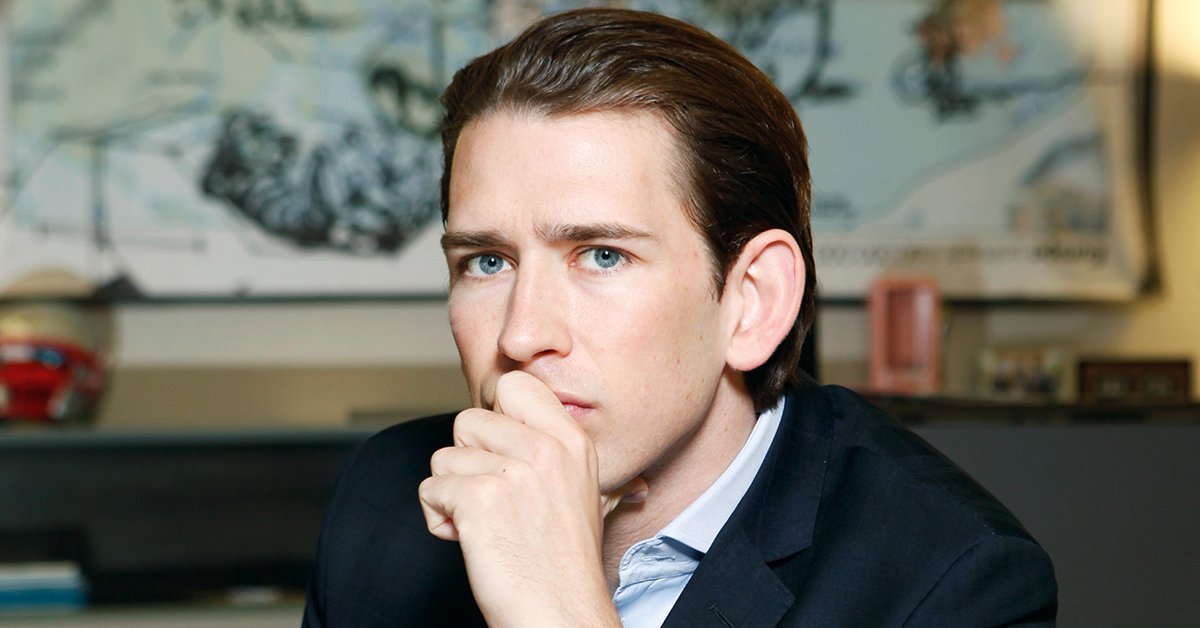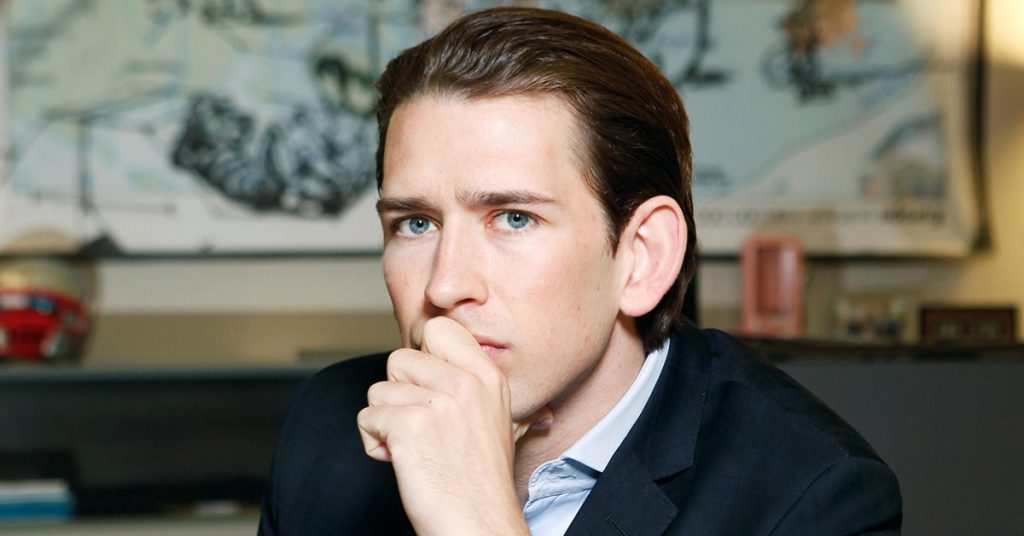Sebastian Kurz will become Austria’s 14th postwar chancellor on Monday amid protests over his new government to be led by the conservative and nationalists.
The formal inauguration by Austrian President Alexander Van der Bellen is set for 11 a.m. in Vienna after Kurz’s conservative People’s Party struck a deal with the nationalist Freedom Party on Friday. A demonstration against the Freedom Party’s participation will begin in the morning, but protests aren’t expected to reach the level of 2000, when the parties teamed up for the first time.
“The program shows a clear effort to avoid making too big waves both at home and abroad,” Thomas Hofer, a political analyst and consultant in Vienna, said in a telephone interview. “Overall they are playing it defensively for the time being as to pre-empt huge protests.”

Kurz’s and Strache’s reassurances on Europe contrasted with renewed calls for leaving the bloc by the Freedom Party’s allies during a weekend meeting in Prague.
France’s Front National leader Marine Le Pen congratulated Strache, saying his role in the government was “very good news, excellent news for Europe,” the Associated Press reported. Dutch Freedom Party head Geert Wilders praised Strache for “achieving an excellent result” in the talks, according to Austrian radio ORF.
‘Severely Disquieting’
World Jewish Congress President Ronald Lauder in a statement said it “is severely disquieting” that the Freedom Party enters the Austrian government.
Domestically, Kurz and Strache stopped short of a full-fledged attack against some institutions of the Austrian welfare state such as the Workers’ Chamber, a mandatory-membership body that’s close to the center-left Social Democrats and at the core of the Austrian system of collective wage agreements.
While labor laws are set to be loosened somewhat, business associations and think tanks allied with them say the program is timid and should be reworked once four regional elections have been held next year.
“Maybe the government’s restraint has to be understood tactically,” said Franz Schellhorn of Agenda Austria, a business-friendly think tank. “One can only hope that this government will do significantly more than its program seems to indicate after the regional elections.”
More disruptive than his policy are Kurz’s personnel choices. None of his conservative colleagues in the cabinet of outgoing Chancellor Christian Kern will survive the change, and none of the newly designated ministers has any experience in governing.
The most important job for European economic and financial policy goes to Hartwig Loeger, the head of Uniqa Insurance Group AG’s Austrian unit, who will succeed Hans Joerg Schelling as finance minister.

